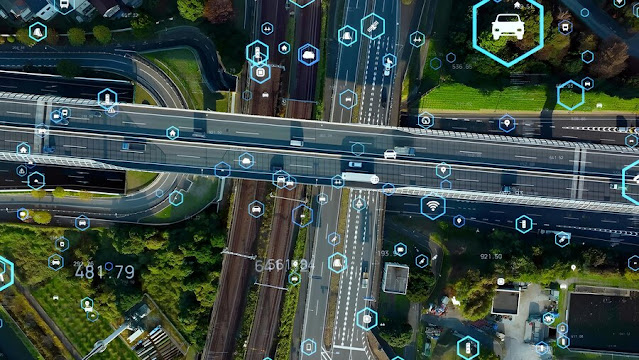The Importance Of Effective Traffic Management Planning For Construction Sites
Traffic management planning is a crucial part of any construction project. The goal of the best traffic management planning in Sydney is to minimise disruptions and risks for the construction site, its neighbors, and the general public.
This involves careful planning ahead of time so that all parties understand what to expect from each other—and when.
This article will touch on some best practices for effective traffic management planning so that you can optimise your own efforts as a contractor or project manager!
Safety First
Safety is a top priority in the construction industry, so it's no surprise that safety plans are required by law. These plans include a risk assessment, which helps you identify and mitigate hazards on your site.
A traffic management plan is also an integral part of any good safety plan, as it ensures that vehicles can move safely through areas where construction is taking place.
To ensure that your company stays in compliance with all applicable laws and regulations regarding traffic management planning in Sydney, it's important to update these documents regularly--at least once every six months (or more often if there are significant changes).
Minimise Disruptions
The goal of traffic management planning is to minimise disruptions. This can be achieved by:
- minimising disruption to local businesses and residents by keeping traffic flowing smoothly throughout construction, as well as minimising congestion in the area once the project is completed.
- minimising disruption to the community by ensuring that there are no safety issues with pedestrian or vehicle traffic near construction sites, and that there are no areas where pedestrians might be forced into dangerous situations because of blocked streets or sidewalks.
- Minimising disruption to the environment through careful monitoring of noise levels at nearby homes and businesses (especially during night-time hours) as well as controlling dust pollution from trucks entering or exiting construction zones.
Regulatory Compliance
The importance of regulatory compliance is often overlooked. This can be a costly mistake, as it's important to follow the law and stay within legal boundaries. If you don't follow regulations, you risk breaking them--and that's something that no business wants on their record!
To ensure that your construction site is in full compliance with local laws and regulations, it's essential that you have a traffic management plan in place.
A good traffic management plan will ensure that all vehicles are safely parked at all times; prevent accidents from occurring; provide clear direction for pedestrians crossing through busy areas; and meet all other requirements set forth by local authorities.
Risk Management
Risk management is the process of identifying and assessing risks, and determining how to respond to these risks. It's a systematic approach to evaluating, controlling and minimising the risk involved in any project.
Risk management is a continuous process that requires careful planning and attention at all stages of your construction project. It should be part of your overall strategy for managing your business as well as ensuring health & safety on site.
Conclusion
Traffic management is an integral part of any construction project. It can be a difficult task to manage, but it is even more important that you do so effectively in order to ensure safety and compliance with regulations.
The key takeaway here is that traffic plans should be developed early on in the traffic management planning in Sydney stages of your project so they can be accurate and cost effective when implemented.
Source By: The Importance Of Effective Traffic Management Planning For Construction Sites



Comments
Post a Comment